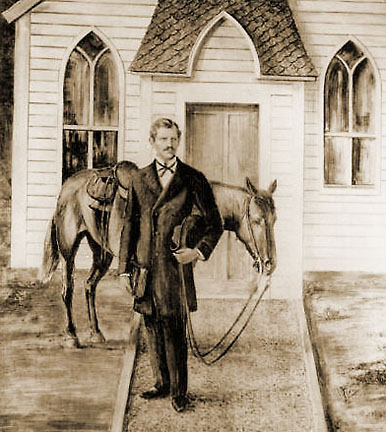Anglicans and Evangelicalism

Anglicans and Episcopalians have never been comfortable with evangelicalism, perhaps because the latter emphasizes personal faith, the Bible’s authority alone, and the reliance on emotions to trigger actions. Ironically, two former Anglican priests – George Whitefield and John Wesley, the founders of Methodism – are credited with igniting the evangelical movement in America, a cultural phenomenon that continues today.
Anglicans emphasize the role of ordained clergy and the sacraments in salvation, emphasizing the role of liturgy and the Church as a divinely ordained institution. The role of trained clergy is critical in understanding the traditions of the faith and maintaining orthodoxy among believers. They practice a more formal style of worship, often viewing the emotionalism and revivalism characteristic of evangelicalism as excessive and disorderly.
Evangelicals, while valuing the sacraments, tend to focus more on individual conversion and a direct relationship with God. Evangelists tend to interpret the Bible literally, relying on common prayers, hymns, and worship elements to lead simple services and devotional gatherings. While some denominations require formal training, many rely on mentorship and on-the-job experience. While evangelists excel at proclaiming the gospel and leading conversions, priests possess the expertise to guide congregations through worship, sacraments, and pastoral care. Both play vital roles in the life of the Church, contributing to its growth and spiritual well-being in unique ways.
Opportunities Lost
Within the Anglican Church, the resistance to evangelicalism created internal divisions, with some Anglicans embracing revivalist practices and others remaining firmly opposed. The emotional appeal and emphasis on personal conversion resonated with many colonists, leading to rapid growth in evangelical denominations like Methodists and Baptists. It’s important to note that not all Anglicans uniformly resisted evangelicalism. Some embraced its emphasis on personal faith and outreach, contributing to the rise of the “Evangelical Anglican” movement within the church. The impact of evangelicalism varied regionally. The South, with its stronger Anglican establishment, saw less dramatic shifts in membership compared to the North. However, their reluctance and ability to support evangelicalism unquestionably hampered their numerical growth compared to the thriving evangelical denominations.
